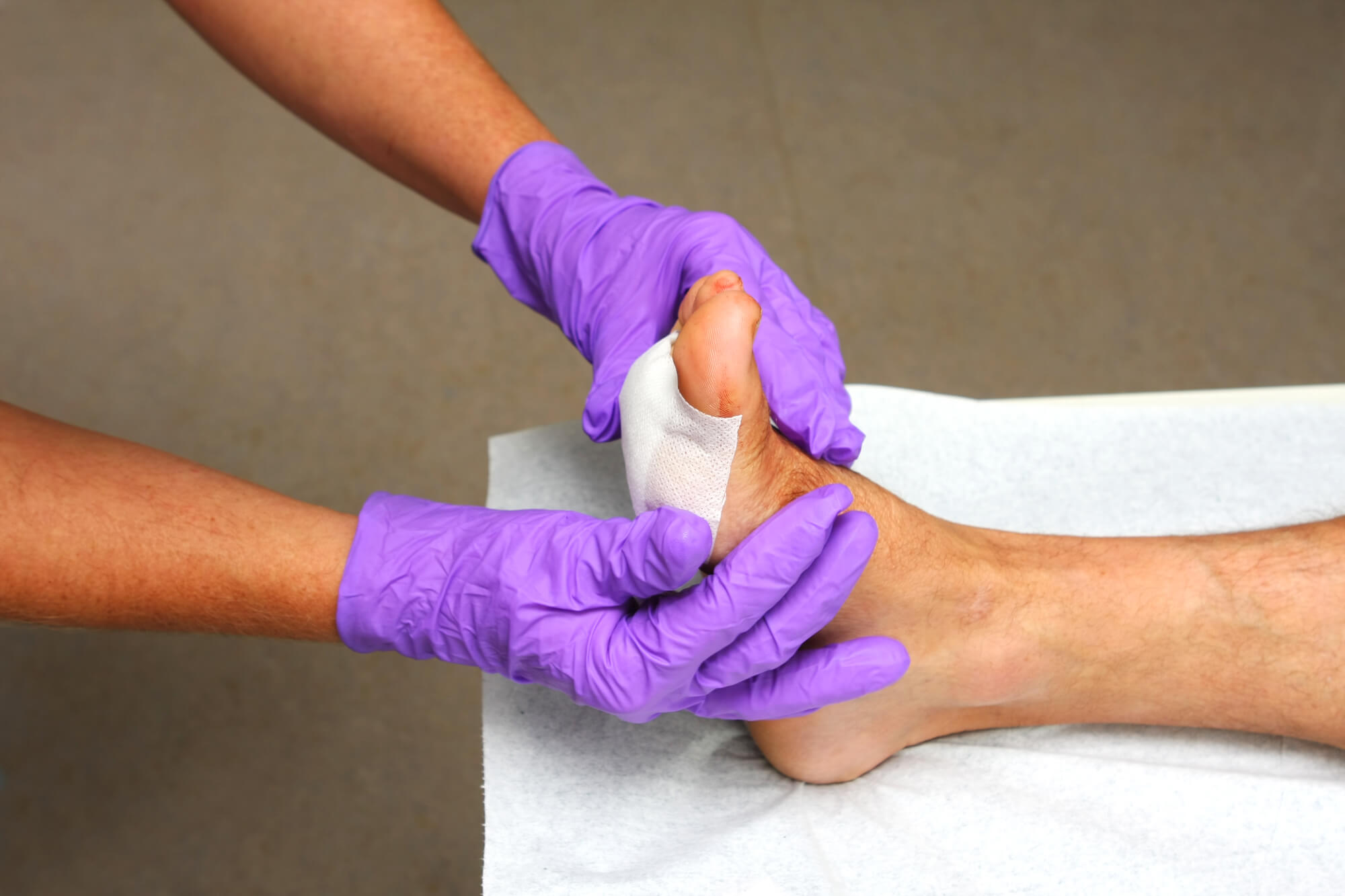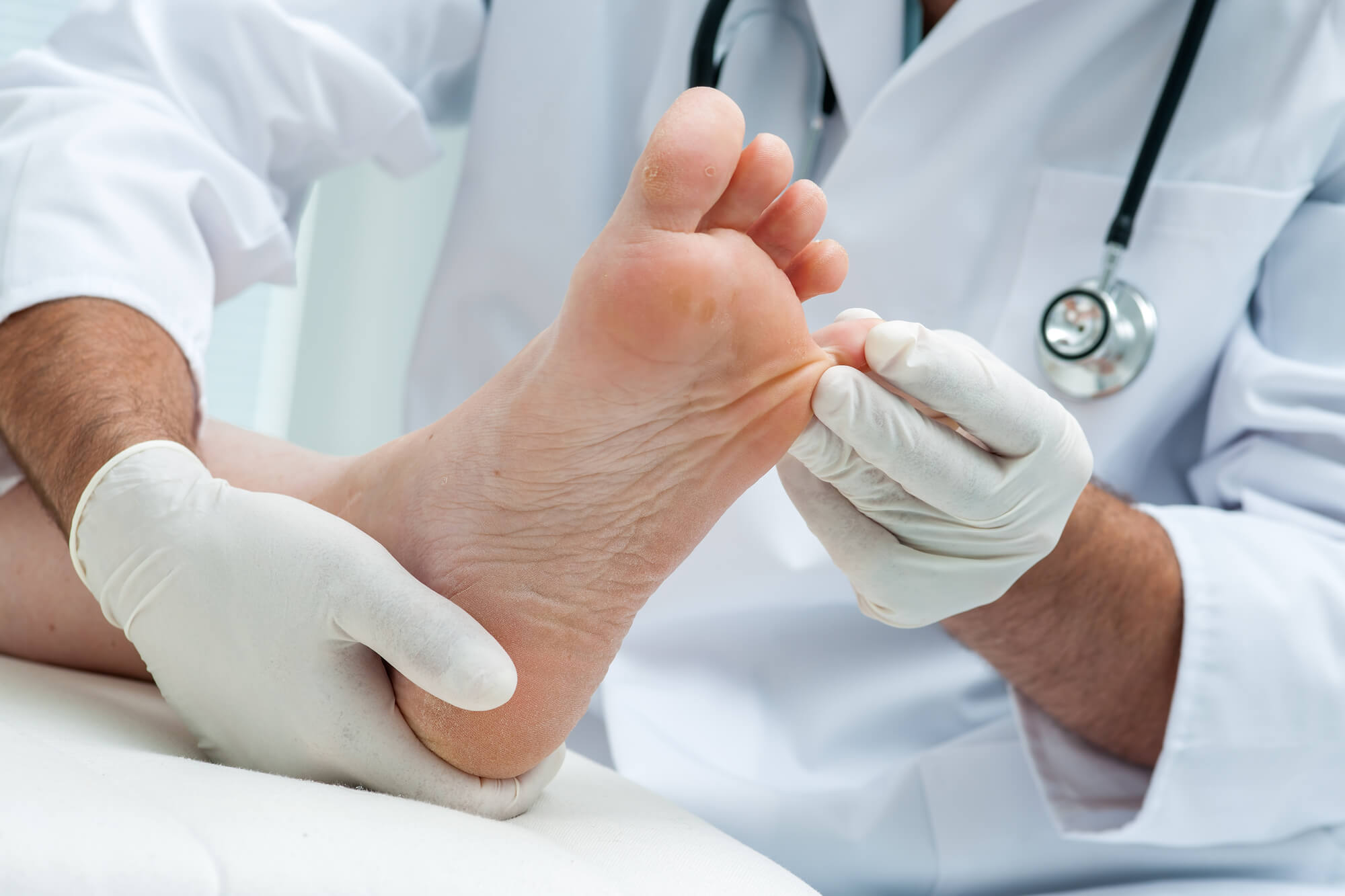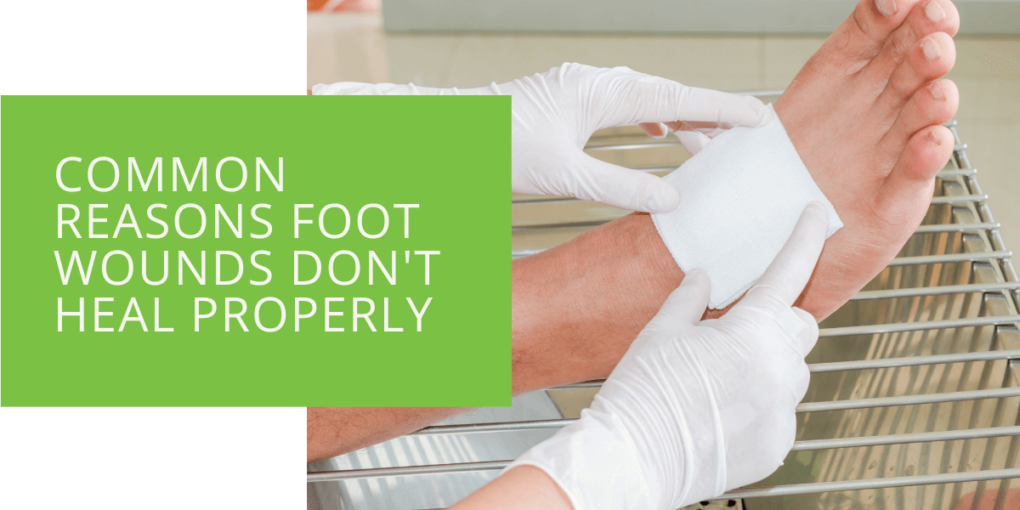Common Reasons Foot Wounds Don’t Heal Properly
Foot wounds are a common problem that can cause pain, discomfort, and even severe health complications. Various factors, including cuts, burns, pressure ulcers, and diabetic foot ulcers, can cause foot wounds. Unfortunately, not all foot wounds heal properly, leading to prolonged healing time, recurrence of the wound, or even amputation. Proper wound care and treatment are essential to prevent complications and promote the healing of foot wounds. This article will explore why foot wounds do not heal properly and discuss ways to prevent and treat foot wounds to ensure healthy and happy feet.
Factors That Affect Foot Wound Healing
Foot wounds are a serious health concern, especially for those with diabetes. Several factors can affect the healing process of wounds on your foot. Understanding these factors can help you take the necessary steps to promote healing and prevent complications.
Poor Circulation and Blood Flow
Poor circulation and blood flow can slow down the healing process of foot wounds. When the blood flow is reduced, the body has difficulty delivering oxygen and nutrients to the affected area, which can lead to tissue damage and delayed healing. Conditions contributing to poor circulation include peripheral artery disease, high blood pressure, and high cholesterol.
Infection
Infection is a common complication of foot wounds that can slow the healing process. Wounds on your feet are susceptible to infection because they are in contact with the ground and other potentially contaminated surfaces. Signs of infection include redness, swelling, pus, and an unpleasant odor.
Underlying Medical Conditions
Underlying medical conditions, such as diabetes, neuropathy, and vascular disease, can affect the healing process of wounds on your foot. High blood sugar levels in people with diabetes can damage blood vessels and nerves in the feet, leading to poor circulation and neuropathy. Neuropathy can cause a loss of sensation in the feet, making it difficult to detect foot injuries. Vascular disease can also contribute to poor circulation, making it difficult for the body to deliver oxygen and nutrients to the affected area.
Nutritional Deficiencies
Nutritional deficiencies, such as a lack of protein, vitamin C, or zinc, can affect the healing process of wounds on your feet. Protein is essential for the growth and repair of tissues, while vitamin C and zinc are necessary for collagen synthesis, which is essential for wound healing.
Lifestyle Factors
Lifestyle factors, such as smoking and alcohol consumption, can slow down the healing process of foot wounds. Smoking can reduce blood flow to the affected area, making it difficult for the body to deliver oxygen and nutrients to the wound. Alcohol consumption can also affect the immune system, making it more difficult for the body to fight infections.

Types of Foot Wounds
Various factors, including cuts, burns, pressure ulcers, diabetic foot ulcers, and surgical wounds, cause foot wounds. Here's a detailed breakdown of each type of wound:
Cuts and Lacerations
Cuts and lacerations can occur when a sharp object, such as a piece of glass or a nail, penetrates the skin. When this happens, the skin is torn, leading to an open wound. Cuts and lacerations on foot can be painful and put you at risk of developing an infection.
Burns
Burns on the feet can occur when the skin comes into contact with heat, electricity, or chemicals. Burns can be superficial or deep, depending on the severity of the injury. Superficial burns usually only affect the top layer of skin and can be painful, while deep burns can cause permanent tissue damage.
Pressure Ulcers
Pressure ulcers, also known as bedsores, are caused by prolonged pressure on the skin. They usually occur on the feet of bedridden people or having difficulty moving around. Pressure ulcers can be painful and put you at risk of developing an infection.
Diabetic Foot Ulcers
Diabetic foot ulcers are a common complication of diabetes. High blood sugar levels can damage the nerves and blood vessels in the feet, leading to poor circulation and neuropathy. Neuropathy can cause a loss of sensation in the feet, making it difficult to feel injuries, such as cuts or blisters. Diabetic foot ulcers can be painful and put you at risk of developing an infection.
Surgical Wounds
Surgical wounds on the foot can occur after foot surgery or other medical procedures. Surgical wounds can be painful and put you at risk of developing an infection. Proper wound care is essential to prevent complications and promote healing.

Signs of Poor Foot Wound Healing
It is essential to monitor foot wounds and seek medical attention if there are signs of poor healing. Some of the signs of poor wound healing may include the following:
- Prolonged healing time
- Redness, swelling, or other signs of infection
- Pain or tenderness in the affected area
- Foul odor or drainage from the wound
- Recurrence of the wound or development of new wounds
Treatment Options for Foot Wounds
Proper wound care is essential for the treatment of wounds on your foot. Treatment may include:
- Wound debridement and cleaning
- Antibiotics or other medications to treat or prevent infection
- Dressings and bandages to keep the wound clean and promote healing
- Compression therapy to improve blood flow and reduce swelling
- Surgery or other advanced treatments, such as hyperbaric oxygen therapy
Prevention Strategies for Foot Wounds
Prevention is key when it comes to foot wounds. Some prevention strategies include:
- Proper foot care and hygiene, such as washing and drying the feet daily
- Wearing comfortable and supportive footwear
- Regular foot check-ups with a podiatrist
- Managing underlying medical conditions, such as diabetes or peripheral neuropathy
- Quitting smoking and other unhealthy habits
Conclusion
Foot wounds are a common problem for many people, and they can lead to severe complications if left untreated. Proper wound care, monitoring, and prevention strategies can help promote the healing of wounds and prevent complications. You must seek medical attention for wounds and follow your podiatrist's treatment and prevention strategies. Remember, prevention is the best medicine!

